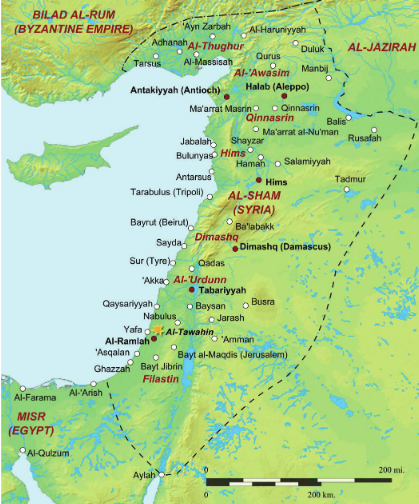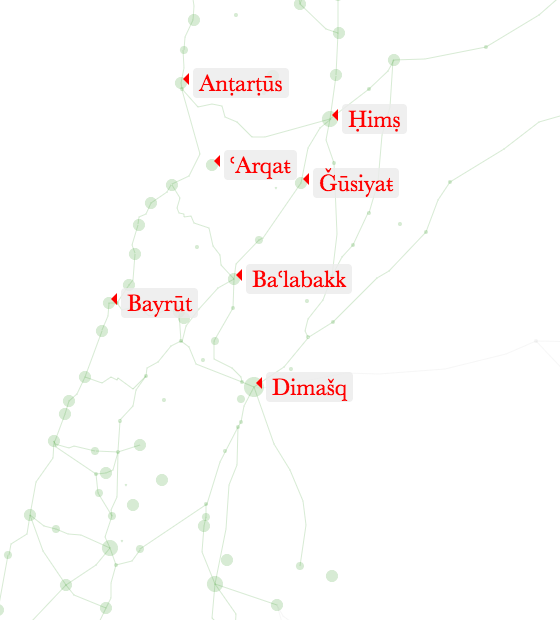A quick thread on #Myitsone dam & #MyanmarChinaRelations in light of the SAC announcement that they would be restarting some stalled Chinese projects in Burma. This announcement has led to speculation about Myitsone, which has been suspended since 2011. Let’s go! ➡️ China has
Can\u2019t overstate how politically dangerous this is. As readers told me: a deeply unpopular regime pushing for deeply unpopular infrastructure projects. Not sure this is what Beijing wants either. https://t.co/TnlrgjPyxZ
— Thompson Chau (@tchau01) February 15, 2021
More from World
⋮
Popular front day Rally in Chelari town mallappuram dist Kerala. \U0001f633 pic.twitter.com/VLrhPETzWO
— \u092e\u0939\u093e\u0935\u0940\u0930 \u091c\u0948\u0928, \u0cae\u0cb9\u0cbe\u0cb5\u0cc0\u0cb0\u0ccd \u0c9c\u0cc8\u0ca8, Mahaveer Jain (@MahaveerVJ) February 19, 2021
Tyrant Tιρµ was largely responsible for the forced conversions in Kerala. He surrounded homes of the H and forced them to convert to ιslαm, consume bεεf and be circµmcised.

Fleeing persecution from the rogue, many H fled to Tiruvanantapuram. There too, common M would now and then be enraged and wage jιhαδ on the helpless Hindu-s. The forcible conversions and desecration of our temples were the norm of the day.
⋮

T L Strange, a special commisioner of the Malabar region was appointed to enquire into the reasons for the outrages. He filed a report "Malabar Manual" in 1852 where he firmly says that the reason for the 'uprising' was M rεligιous fαnatιcism —
⋮

Moplah outrages on H was a regular occurrence in Kerala as we will show below. The most gruesome one in 1921 is what is famously referred to as such nowadays. In the aftermath of 1921, a special tribunal of 3 judges convened in Calicut.
⋮
You May Also Like
To me, the most important aspect of the 2018 midterms wasn't even about partisan control, but about democracy and voting rights. That's the real battle.
2/The good news: It's now an issue that everyone's talking about, and that everyone cares about.
3/More good news: Florida's proposition to give felons voting rights won. But it didn't just win - it won with substantial support from Republican voters.
That suggests there is still SOME grassroots support for democracy that transcends
4/Yet more good news: Michigan made it easier to vote. Again, by plebiscite, showing broad support for voting rights as an
5/OK, now the bad news.
We seem to have accepted electoral dysfunction in Florida as a permanent thing. The 2000 election has never really
Bad ballot design led to a lot of undervotes for Bill Nelson in Broward Co., possibly even enough to cost him his Senate seat. They do appear to be real undervotes, though, instead of tabulation errors. He doesn't really seem to have a path to victory. https://t.co/utUhY2KTaR
— Nate Silver (@NateSilver538) November 16, 2018
Always. No, your company is not an exception.
A tactic I don’t appreciate at all because of how unfairly it penalizes low-leverage, junior employees, and those loyal enough not to question it, but that’s negotiation for you after all. Weaponized information asymmetry.
Listen to Aditya
"we don't negotiate salaries" really means "we'd prefer to negotiate massive signing bonuses and equity grants, but we'll negotiate salary if you REALLY insist" https://t.co/80k7nWAMoK
— Aditya Mukerjee, the Otterrific \U0001f3f3\ufe0f\u200d\U0001f308 (@chimeracoder) December 4, 2018
And by the way, you should never be worried that an offer would be withdrawn if you politely negotiate.
I have seen this happen *extremely* rarely, mostly to women, and anyway is a giant red flag. It suggests you probably didn’t want to work there.
You wish there was no negotiating so it would all be more fair? I feel you, but it’s not happening.
Instead, negotiate hard, use your privilege, and then go and share numbers with your underrepresented and underpaid colleagues. […]




























